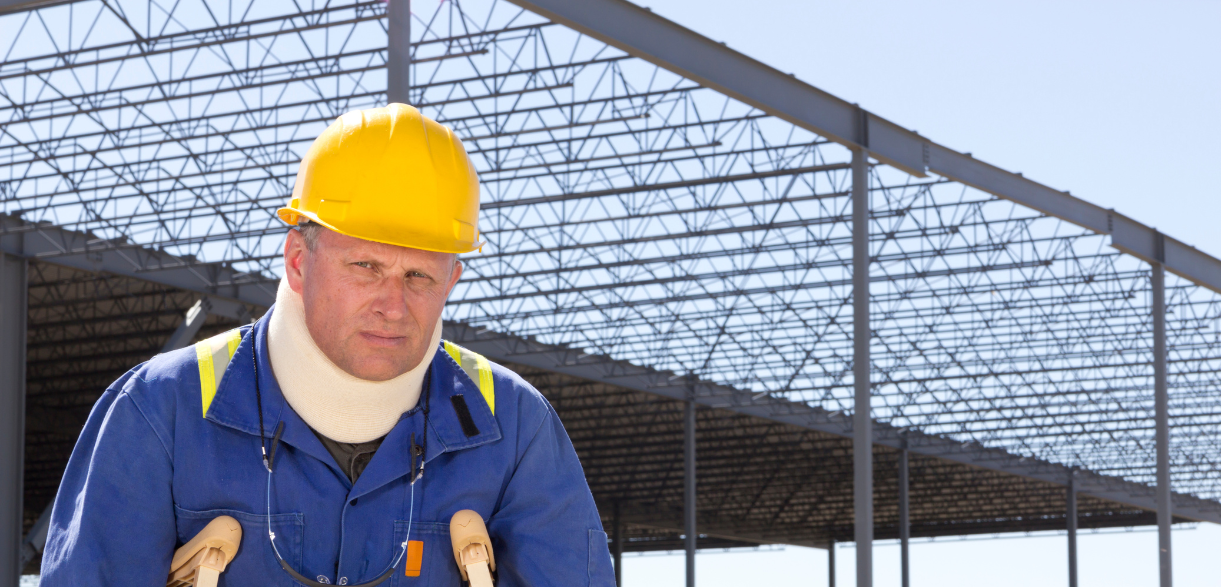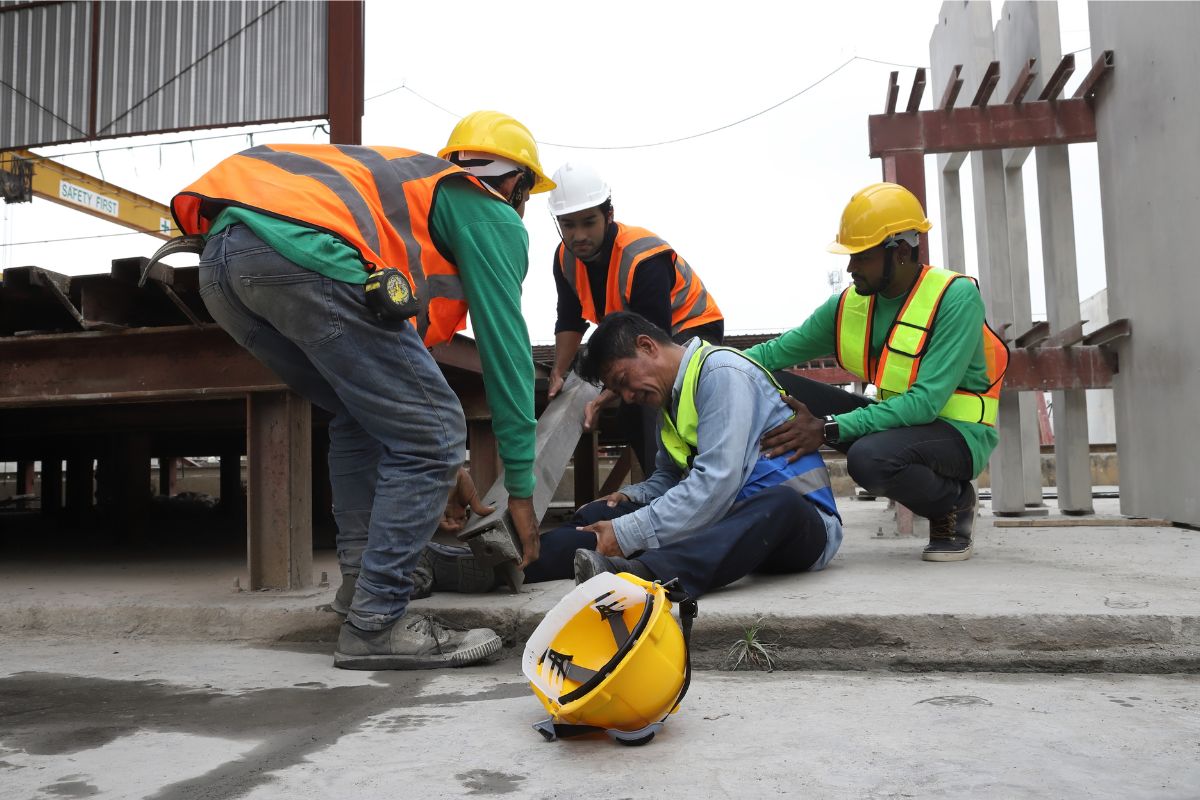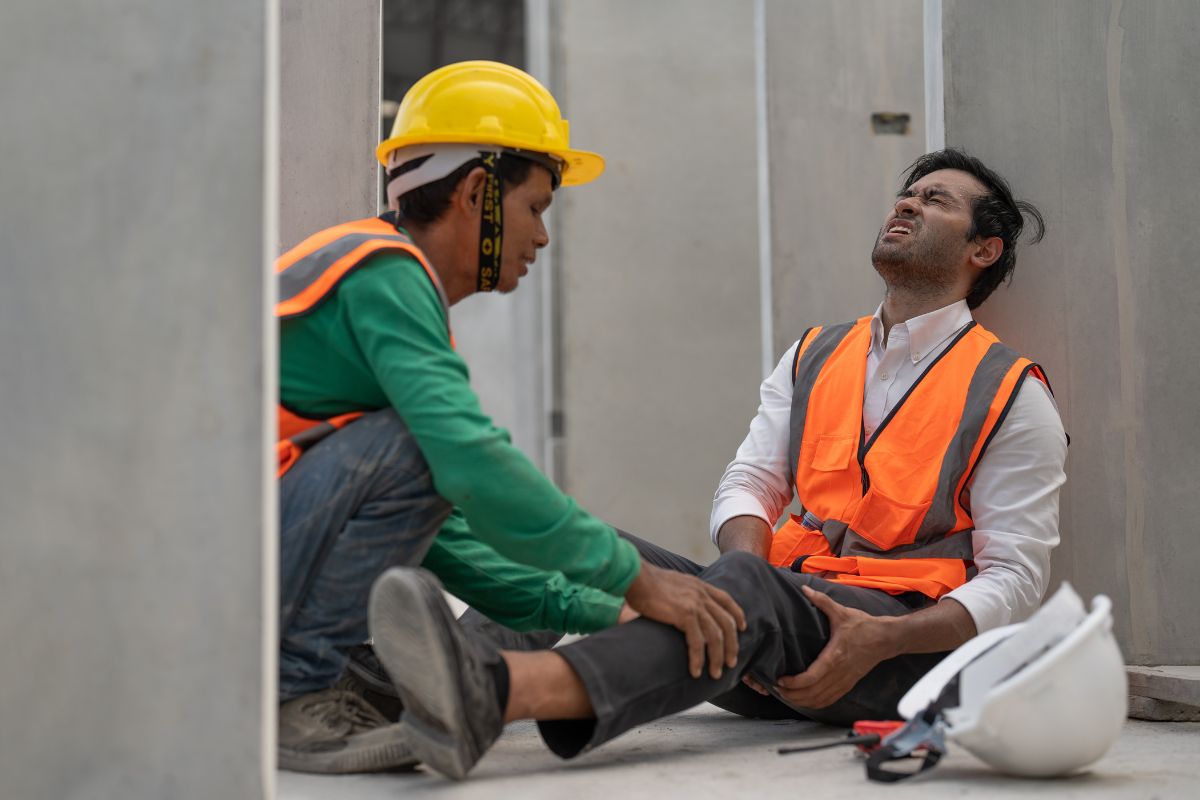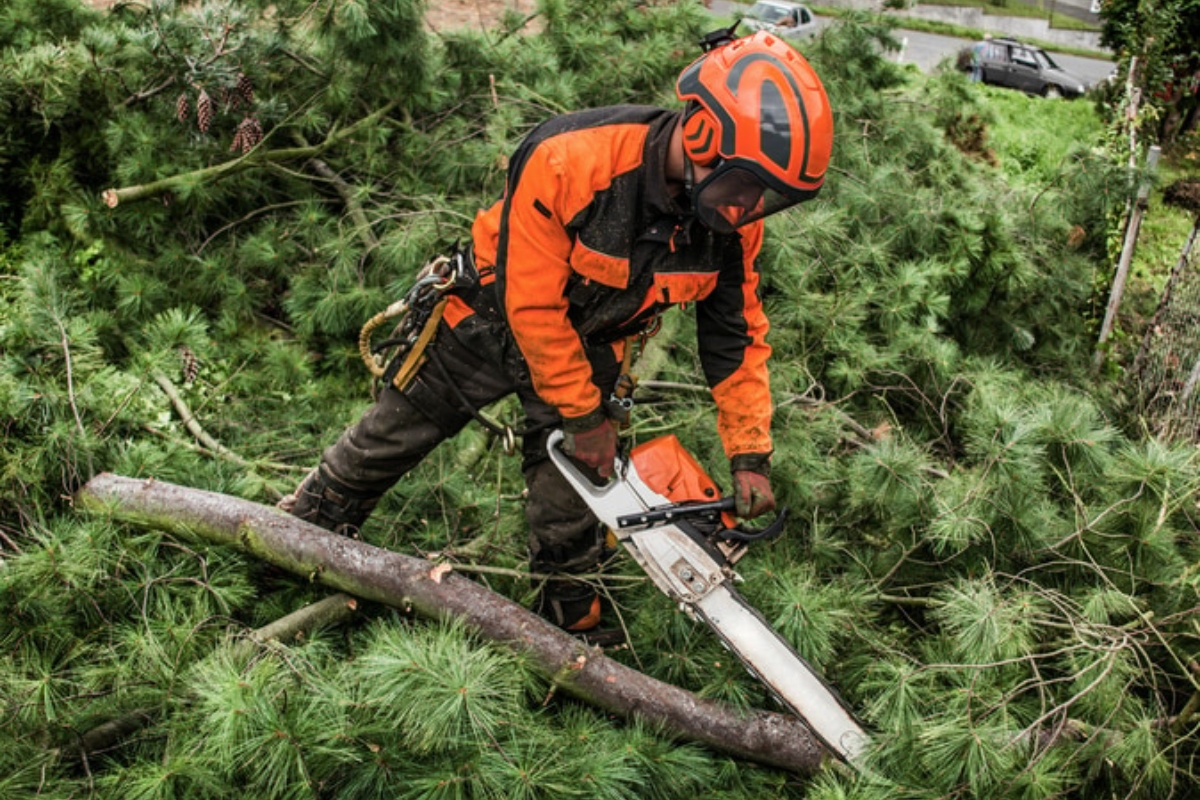
Construction work can be risky, and injuries happen more often than we’d like to admit. Whether you’re a laborer, a carpenter, or an electrician, you face unique dangers every day. When accidents do occur, knowing your rights is essential to ensure you get the compensation you deserve. The legal and financial protections available to injured workers can make all the difference in your recovery and future stability.
If you’ve been injured on a construction site, you’re likely dealing with medical bills, lost wages, and the physical toll of your injury. But beyond workers’ compensation, there are other legal avenues to explore. Understanding your rights in these situations can be complex, but it’s important to know that help is available.
In this blog, we’ll walk through what rights injured construction workers have, the protections available, and the steps you need to take to ensure you receive fair compensation. Let’s dive into the vital information you need to navigate this challenging situation and secure your financial future.
Workers’ Compensation: The First Line of Defense
Workers’ compensation is typically the first avenue for financial recovery after a construction accident. This system allows injured workers to receive benefits for medical bills, lost wages, and rehabilitation costs. Understanding how it works can provide clarity during a stressful time.
- What it is: Workers’ compensation is a state-mandated program that provides financial assistance to employees injured on the job. This includes compensation for medical treatment, lost wages, and rehabilitation services.
- Eligibility: Nearly all construction workers are eligible for workers’ compensation benefits if they are injured while performing their duties. However, certain exceptions exist, such as independent contractors or workers in certain states.
- What it covers: Workers’ compensation typically covers medical expenses, rehabilitation costs, lost wages due to missed work, and compensation for permanent disability.
- How to file a claim: To file a workers’ compensation claim, report the injury to your employer immediately, seek medical attention, and complete the required paperwork. An experienced attorney specializing in construction accidents can help ensure you navigate the process correctly, avoiding any delays or denials.
Third-Party Liability Claims: Pursuing Compensation Beyond Workers’ Compensation
While workers’ compensation provides vital financial support, it may not fully cover all expenses, especially in severe accidents. Third-party liability claims offer additional avenues to pursue compensation if another party’s negligence contributed to the accident.
- What is third-party liability: In construction accidents, third-party liability arises when a party other than your employer or coworker is responsible for the injury. These can include manufacturers, contractors, or subcontractors who failed to ensure safety standards were met.
- Common claims: Common third-party claims can involve defective equipment, poor site conditions, or negligence on the part of contractors, equipment manufacturers, or even property owners.
- Supplementing workers’ compensation: A third-party liability claim can supplement workers’ compensation, especially in situations where the accident involved someone outside of your employer’s control. This means that you can receive compensation for pain and suffering, punitive damages, or more than the workers’ compensation offers.
- Role of negligence: Proving negligence on the part of a third-party can significantly impact your claim. Demonstrating that the third party’s actions or lack of safety measures contributed to your injury can strengthen your case.
Personal Injury Lawsuits: Taking Legal Action Against Negligent Parties
In some cases, workers’ compensation and third-party claims may not fully compensate for your damages. In these situations, personal injury lawsuits can provide an additional route for compensation.
- Overview: Personal injury lawsuits allow you to sue negligent parties responsible for your injuries. Unlike workers’ compensation claims, personal injury lawsuits can also award damages for pain and suffering and emotional distress.
- Key elements: To file a personal injury lawsuit, you must show that another party’s negligence directly caused your injuries. You’ll need evidence such as eyewitness testimonies, expert opinions, and accident reports.
- How lawsuits differ from workers’ compensation: Unlike workers’ compensation claims, personal injury lawsuits require proving fault and may take longer to resolve. However, lawsuits allow you to pursue larger sums in damages.
- Potential compensation: Compensation through a personal injury lawsuit can include lost wages, medical bills, pain and suffering, and punitive damages. Attorneys specializing in construction site accidents can help determine if this legal action is necessary.
OSHA and Safety Regulations: Protecting Workers’ Rights
The Occupational Safety and Health Administration (OSHA) plays a crucial role in ensuring that construction sites are safe for workers. Employers must adhere to OSHA’s safety standards to prevent workplace accidents.
- Role of OSHA: OSHA is responsible for setting safety regulations in the workplace and enforcing those standards. Its guidelines cover everything from personal protective equipment to fall protection and electrical safety.
- Employer responsibilities: Employers must provide a safe working environment, conduct regular safety training, and maintain equipment in proper working condition. Failure to follow OSHA regulations can result in significant penalties and increased liability in case of accidents.
- Non-compliance: If your employer does not comply with OSHA standards, they may be held liable for accidents that result. Documenting violations and bringing them to the attention of OSHA or a legal professional can strengthen your case.
- Impact on legal cases: OSHA violations can provide solid evidence of negligence, helping workers build stronger third-party claims or personal injury lawsuits.
Disability Benefits and Social Security: Financial Support for Disabled Workers
When a construction injury leads to long-term or permanent disability, Social Security Disability (SSD) benefits can help provide ongoing financial support for injured workers.
- Overview of SSD: SSD is a government program designed to assist individuals who can no longer work due to a medical condition. This includes physical injuries, disabilities, and mental health conditions resulting from a construction accident.
- Eligibility requirements: To qualify for SSD benefits, you must have worked a certain number of years and paid into the Social Security system. Additionally, your injury must prevent you from engaging in substantial gainful activity.
- Differences with workers’ compensation: While workers’ compensation offers immediate financial support for injuries, SSD benefits are intended to provide long-term assistance for workers with permanent disabilities.
- How SSD can supplement workers’ compensation: If your workers’ compensation benefits are insufficient for your needs, SSD benefits can provide extra support. Understanding how to apply for SSD is crucial for workers with long-term injuries.
The Role of Legal Experts in Construction Worker Injury Cases
Navigating the complexities of construction injury cases can be overwhelming, especially when multiple parties are involved. Legal experts, particularly construction site accident lawyers, can help injured workers explore all available options for compensation.
- How lawyers help: Construction injury lawyers specialize in handling workers’ compensation claims, third-party liability claims, and personal injury lawsuits. They help clients understand their legal rights and secure compensation for damages.
- Importance of hiring an attorney: Hiring an experienced attorney can help ensure that you do not miss out on any potential claims. Attorneys will handle negotiations with insurance companies, gather evidence, and advocate on your behalf.
- Key factors considered by attorneys: Lawyers consider several factors when building a case, including the severity of the injury, the cause of the accident, and the parties involved. Their expertise helps maximize compensation for clients.
- Maximizing compensation: Attorneys can help identify all avenues of compensation, from workers’ compensation to third-party claims and personal injury lawsuits, increasing the chances of receiving full financial recovery.
Steps to Take Immediately After a Construction Accident
Knowing what to do right after an accident can strengthen your case and ensure you receive the compensation you deserve. Taking immediate, organized action is crucial.
- At the scene: Ensure that you report the accident to your employer immediately and seek medical attention. Get witness statements, take photographs of the scene, and note any unsafe conditions.
- Report injuries: Notify your employer and file a workers’ compensation claim as soon as possible. The sooner you document the injury, the better your chances of a smooth claims process.
- Document injuries and treatment: Keep detailed records of your medical treatment, including doctor visits, prescriptions, and rehabilitation. This information will support your claim.
- Early action: Acting quickly and efficiently can help you avoid delays or complications in your case. Consulting a legal professional early can ensure you understand your rights and options.
Common Mistakes to Avoid After a Construction Injury
Many injured workers make mistakes that can damage their chances of receiving fair compensation. Avoiding these common pitfalls is essential for protecting your rights.
- Not seeking immediate medical attention: Failing to seek medical treatment right away can hurt your case by making it appear that your injuries weren’t serious or caused by the accident.
- Delaying reporting: Don’t wait too long to report the accident. Inform your employer and file a workers’ compensation claim as soon as possible to avoid complications.
- Inadequate documentation: Not documenting the injury properly can hurt your claim. Always keep a detailed record of your injuries, treatment, and any conversations with your employer or healthcare provider.
- Not consulting a lawyer: Trying to handle your case alone can result in missed opportunities for compensation. Consulting with an experienced lawyer can ensure that you receive the full benefits you deserve.
The aftermath of a construction injury can feel overwhelming, but knowing your rights and available options can make all the difference. Whether you’re seeking workers’ compensation, pursuing third-party liability claims, or considering a personal injury lawsuit, the right legal support can help maximize your compensation. By taking the right steps early, avoiding common mistakes, and consulting with skilled legal professionals, you can secure the financial support you deserve and focus on your recovery.





